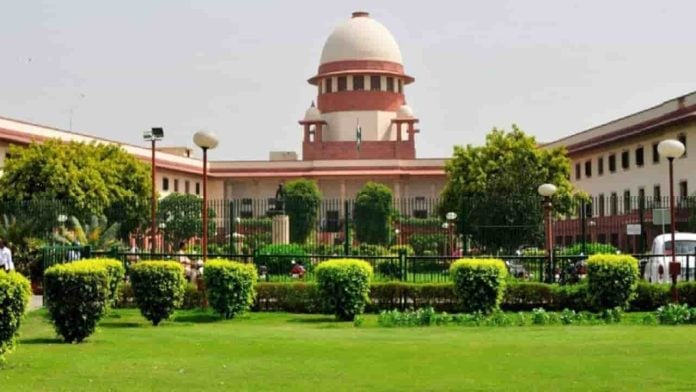The Supreme Court dismissed a petition, which sought direction to the Government of India to constitute a Broadcast Regulatory Authority of India to regulate media.
Declining interference under Article 32 of the Constitution, the Bench of Justice Abhay S. Oka and Justice Sanjay Karol noted that the prayers sought in the petition were ‘too wide’. Besides, it said it had to keep in mind the fundamental right of freedom of speech and expression.
The top court of the country also noted that it was dealing with hate speeches/news items in separate petitions.
The Apex Court order of August 8 further took in view the affidavits filed by the News Broadcasters Association and the News Broadcasters Standards Authority, which said that a committee already existed to deal with the grievances related to the media broadcast.
As per the affidavits, the committee was headed by a retired Supreme Court judge and composed of members from the civil society.
The Bench, however, granted liberty to the petitioner to file a representation before the appropriate authorities to ventilate his grievances.
Filed by Reepak Kansal in 2020 in the backdrop of media coverage of the Sushant Singh Rajput death case, the petition sought various directions to ‘restrict’ the ‘assassination of dignity’ of an individual by broadcasting channels in the name of freedom of press.
The plea further sought directions to restrict media trials interfering with the administration of justice. The petitioner further sought direction to ‘stop’ the misuse of airwaves by the broadcasting electronic channels in the name of media, press and journalism.
The court also considered another PIL filed by filmmaker Neelesh Navlakha on August 8, which sought the constitution of an independent “media tribunal”.
The said petition was also dismissed, while giving liberty to the petitioner to approach the concerned High Court.
Navlakha was represented by Advocates Shashwat Anand and Rajesh Inamdar.
(Case title: Reepak Kansal vs Union of India)


